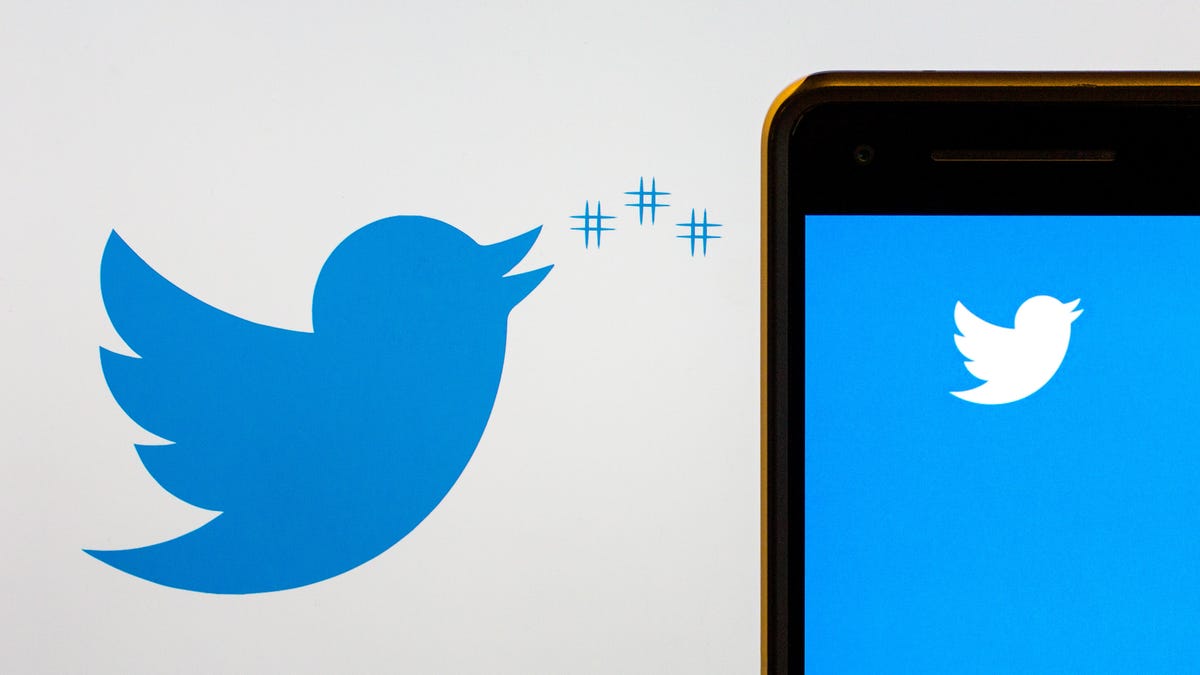New Twitter prompt gets users to read news before retweeting it, says firm
The prompt, which has been in testing, will roll out globally soon, the company says.

Read before you retweet.
After rolling out a test in June that prompts users to consider reading an article before retweeting it, Twitter says the company has seen "more reading" and "more informed tweeting." In fact, people open articles 40% more often after seeing the prompt, the social media giant says, and the amount of people opening articles before retweeting went up by 33%.
"Some people didn't end up RTing after opening the article -- which is fine! Some Tweets are best left in drafts," Twitter noted.
The company says it's working on bringing these prompts, which were initially tested on Android devices, to users globally soon. It's also working on "Making the prompt smaller after you've seen it once, because we get that you get it."
Social media can be a dangerous tool for spreading misinformation, and social networks including Facebook have come under fire for not doing more to prevent the misuse of their platforms.

